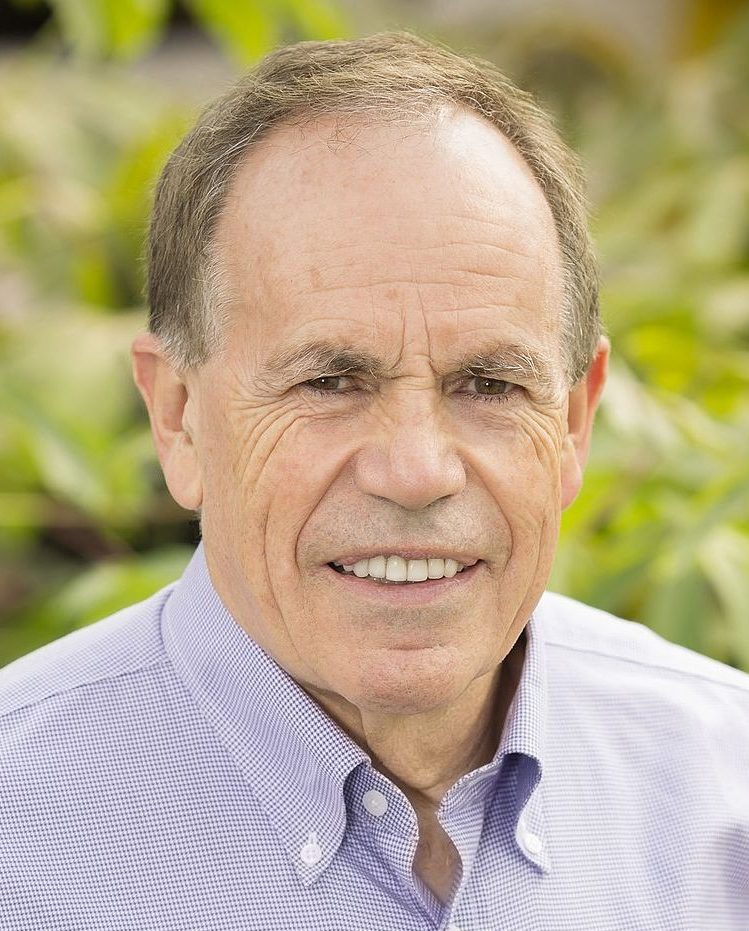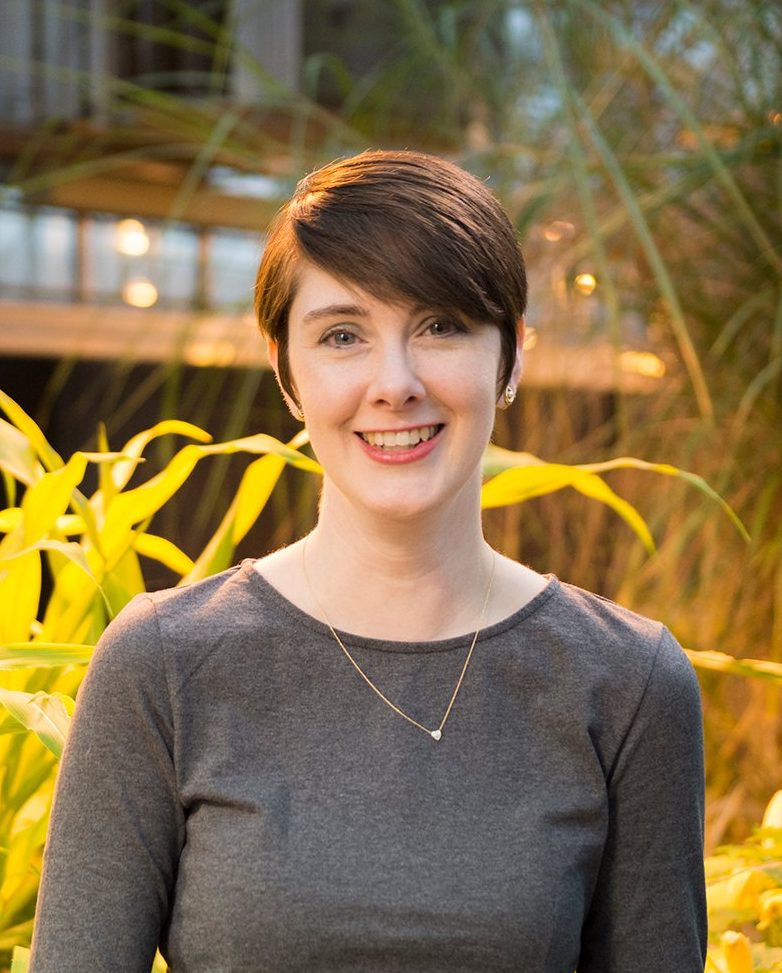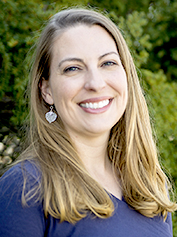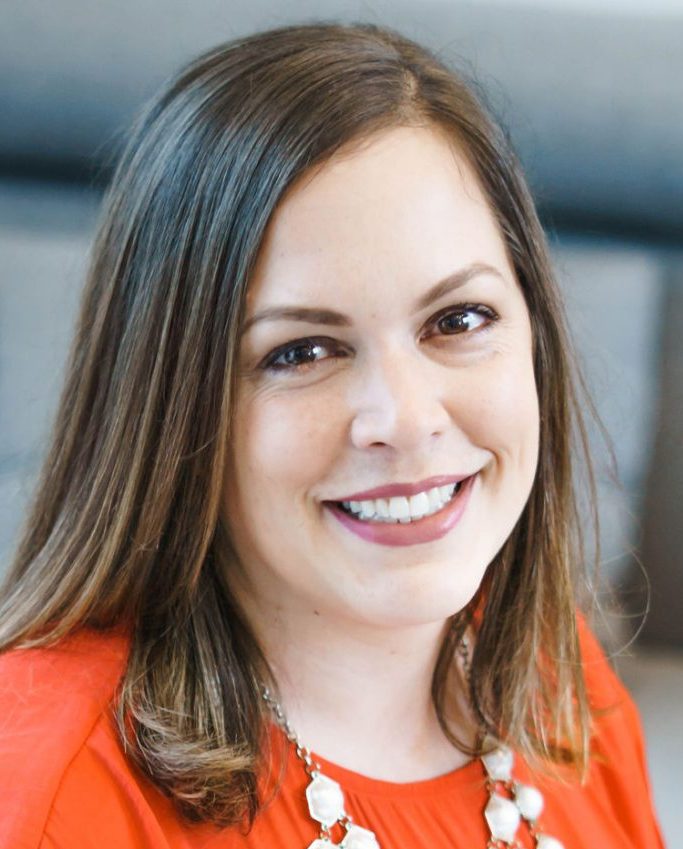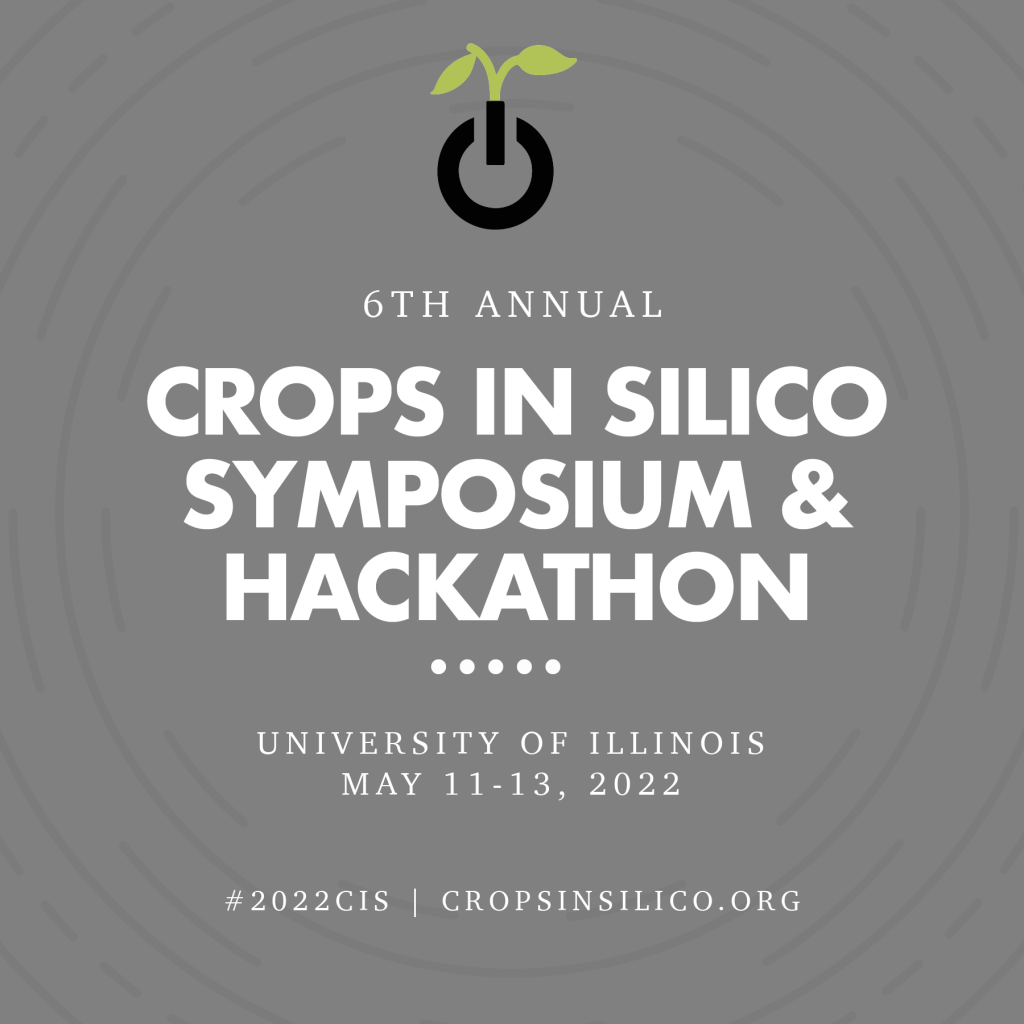
About the Symposium and Hackathon
During the past six years, an international group of plant scientists, mathematicians, and computer scientists has gathered for the Crops in silico Symposium & Hackathon, to build and expand a collaborative in plant systems modeling. Our 6th Symposium & Hackathon was held virtually May 11-13, 2022, through the National Center for Supercomputing Applications (NCSA) at the University of Illinois Urbana-Champaign.
The goal of the event is to bring together international experts to exchange information on approaches, identify linkages and map a way forward in which our international community could work toward achieving in silico crops. Essentially moving plant modeling from largely isolated efforts to a connected community that can take full advantage of advances in computational science and mechanistic understanding of plant processes to parallel and benefit from achievements in integrated community systems modeling of microbial and mammalian organisms.
Crops in silico (Cis) envisions a digital representation of layered dynamic sub-models, reaching from gene networks and metabolic pathways through to cellular organization, tissue and organ development, and resource capture in dynamic competitive environments, and allowing mechanistic and rendered simulations of growth and performance of organs, plants and communities.
Keynote Speaker Leah Band
School of Biosciences and School of Mathematical Sciences, University of Nottingham
“Modeling Hormonal Control of Root Development“
Presentation Video
Leah Band trained as a mathematician. Her research focuses on creating models to gain understanding of plant growth and development. She is particularly interested in developing multiscale models to understand how processes at smaller spatial scales combine to produce organ-scale phenotypes. Much of her research centers on cell-based models to understand how cellular and sub-cellular processes affect organ patterning; for example, understanding how the localization and properties of membrane transporters, growth-induced dilution, or metabolism enzymes affect hormone distributions. These models have provided insights into growth, gravitropism and lateral root initiation. Band’s projects have involved close collaborations with experimental biologists, investigating how different types of experimental data can be used to parameterize and test models to improve our understanding. She also works with functional-structural models of the root system to characterize how properties of the individual roots affect nutrient and water uptake and thus shoot biomass.
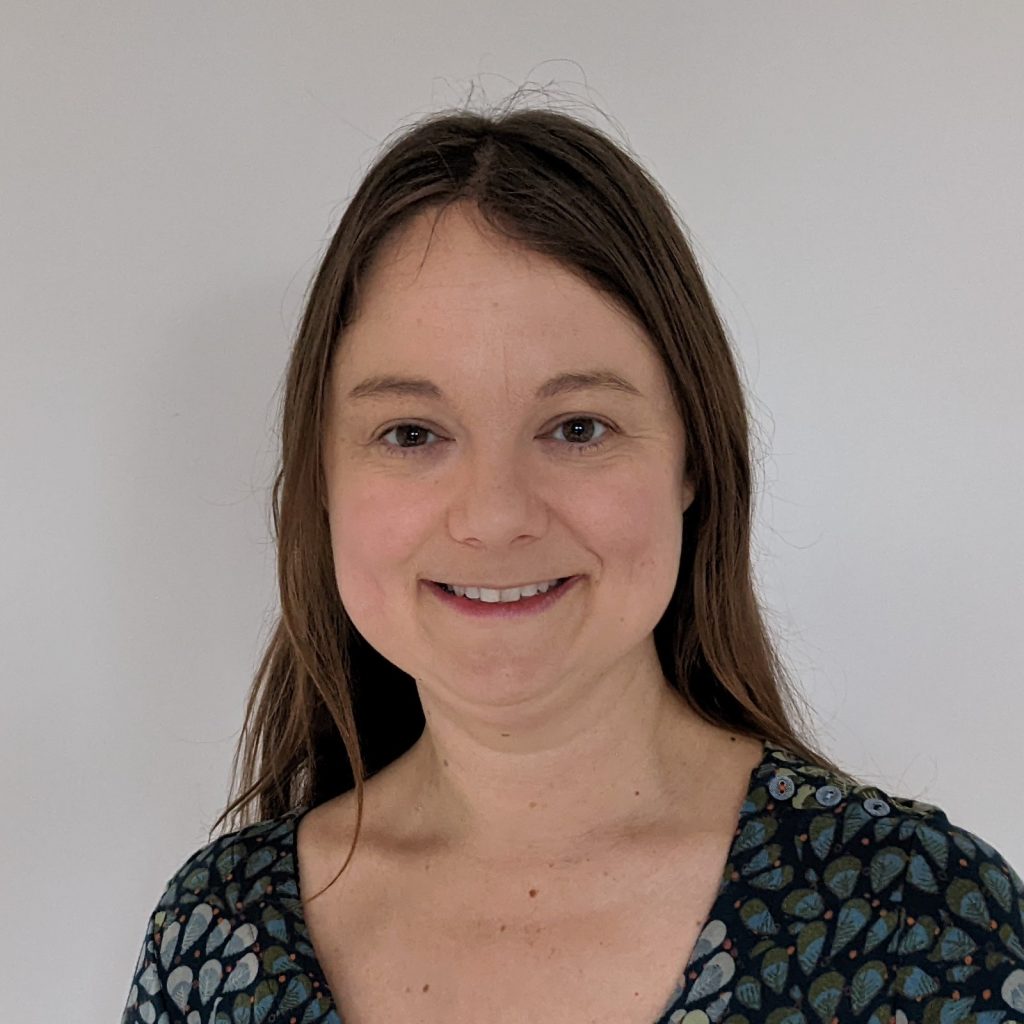
Symposium Speakers
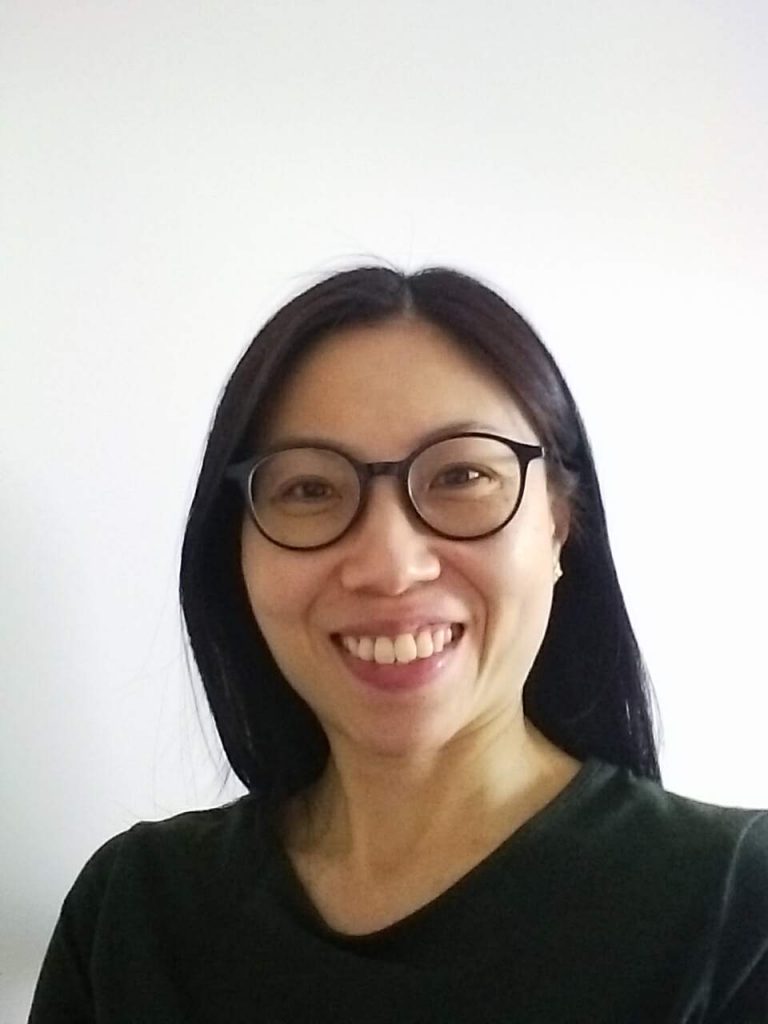
“Progress and Challenges of Building a Whole-Cell Model of Human Embryonic Stem Cells”
Presentation Video
Yin Hoon Chew initially trained in Chemical and Bioprocess Engineering where she learned how to model chemical plants and bioreactors. While working as a research assistant, she developed an interest in modeling biological systems, i.e. nature’s very own biochemical plants. Since then, her research has been focused on integrating models of different formalisms to connect across processes and scales in biology, with the aims of understanding emergent behaviors and facilitating biodesign. As a Ph.D. student at the University of Edinburgh, she developed the Arabidopsis Framework Model that links the circadian gene network to carbon uptake and allocation, organ growth, and whole-plant development. Following that, she moved to the Icahn School of Medicine at Mount Sinai where she prototyped a whole-cell model of human embryonic stem cells that represents multiple subcellular processes. Her latest research at the University of Birmingham extends to integrate gene signaling and cell/tissue mechanics.
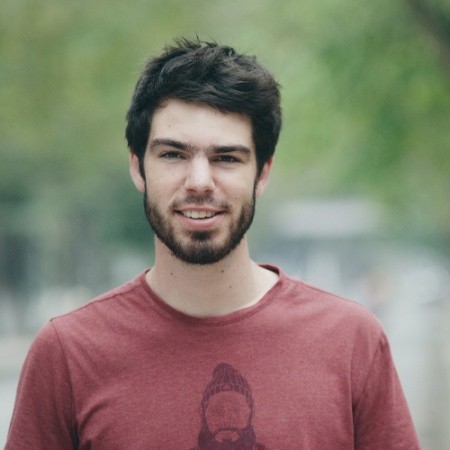
“Analysis of the Influence of Local Root Traits on Global Root Hydraulic Dynamics”
Presentation Video
Adrien Heymans earned his master’s degree plant pathology and plant breeding at UCLouvain in Belgium. His interest in the microscopic world led him to study root anatomy during his Ph.D. at the UCLouvain Earth and Life Institute (BE). To better understand the mechanisms of water uptake, he combined his work on the anatomy (the model GRANAR) with different models and at different scales. The resulting pipeline allowed him to look down at the influence of anatomical traits on the global water uptake dynamics. He is now working on the plasticity of roots in relation to the water availability in the soil in another department of the same research institute.
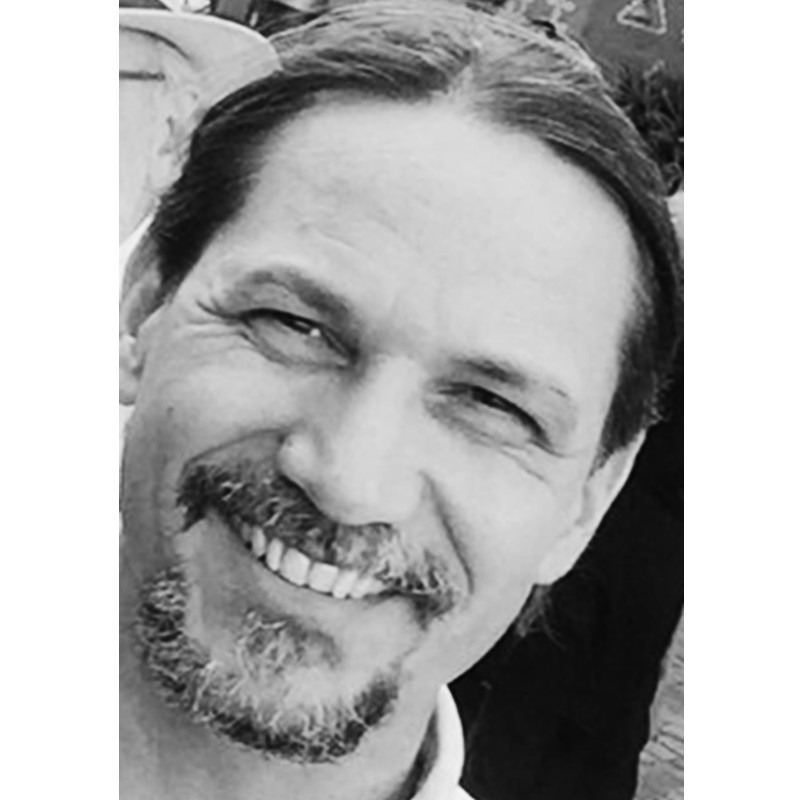
“Crop Improvement for Climate Change”
Presentation Video
Charlie Messina is a Professor in the Department of Horticultural Sciences at the University of Florida. His program focuses on the development of prediction methods by integrating symbolic and sub symbolic AI. His research place emphasis on genome-to-phenome modeling for prediction of properties of complex traits, and improvement of crop adaptation to current and future climates. The program operates in close collaboration with plant breeders to evaluate and apply novel prediction methods within operational breeding programs, and to train a next generation of plant breeders. During his tenure at Corteva, he contributed to the development of drought tolerant maize in the U.S. and Brazil, design of nitrogen management decision support systems, and led the initiative on Circular Agriculture.

“Mathematical Models of Crop Pollination Systems”
Presentation Video
David Pattemore has a background in Ecology & Evolution, and now leads a research team within Plant and Food Research (a research institute owned by the New Zealand Government) focused on harnessing on-farm biodiversity for productive gains. Despite doing his Ph.D. in a department thick with theoretical ecologists, David largely avoided mathematical modeling until he got involved in a program run out of the National Institute for Mathematical and Biological Synthesis (NIMBioS) at the University of Tennessee. Following that experience, and building on collaborations started at NIMBioS, he led a two-year program on developing mathematical models of crop pollination, with a view towards building real-time decision support tools for growers. David is now involved in a large new program within Plant and Food Research to build a digital twin of perennial horticultural systems (with an initial focus on apple), and leads a component of the work around modeling key processes in the wider orchard ecosystem.
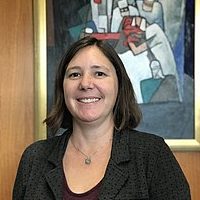
“Managing an Open-Source Project”
Presentation Video
Tracy K. Teal has been working with open source communities as a developer, instructor, and project leader throughout her career. As a Ph.D. student at Caltech and then as an Assistant Professor in Bioinformatics at Michigan State University, she saw that the bottleneck to discovery was no longer data production, but the skills and perspective to work with data. She went on to co-found Data Carpentry to scale data training along with data production and then became Executive Director of The Carpentries, continuing to develop open curriculum and an inclusive instructor community. She is currently the Open Source Program Director at RStudio, where she is passionate about supporting open source developers and expanding access to tools that help people use data to answer the questions that are important to them.
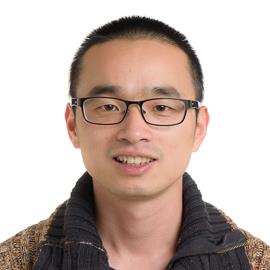
“Simulating Organ Biomass Variability and Carbohydrate Distribution in Perennial Fruit Crops”
Presentation Video
Junqi Zhu is a crop modeler at the New Zealand Institute for Plant and Food Research. He develops system models at different levels to study the effects of environmental conditions and plant architecture on yield and fruit quality of grapevine and apple by integrating whole-plant water and carbohydrate fluxes with fruit growth. His current research focuses on developing a digital twin of a perennial tree crop food system that will allow us to holistically simulate and design the structure, function and performance of the food systems across the value chain.
The Hackathon’s interactive tutorials:
BioCro II — A semi-mechanistic dynamic crop growth model framework.
Presented by Edward Lochocki, Postdoctoral Researcher & Justin McGrath, a Research Plant Physiologist for the U.S. Department of Agriculture Agricultural Research Service (USDA-ARS) in the Global Change and Photosynthesis Research Unit and an Adjunct Professor of Plant Biology at the University of Illinois Urbana-Champaign. Video presentation of tutorial.
OpenSimRoot — A 3D structural functional model that simulates root growth, architecture and resource acquisition.
Presented by Ernst Schäfer, Ph.D. Candidate at the School of Mathematical Sciences, University of Nottingham. Video presentation of tutorial.
Helios — A 3D plant and environmental modeling framework.
Presented by Brian Bailey, Assistant Professor at the Department of Plant Sciences, University of California. Video presentation of tutorial.
CPlantBox — A 3D structural functional model focusing on root architecture and root–soil interaction.
Presented by Mona Giraud & Daniel Leitner, Forschungszentrum Jülich Institute of Crop Science and Resource Conservation. Video presentation of tutorial.
OpenAlea — A multi-paradigm modeling environment for plants.
Presented by Christophe Pradal, Researcher in Plant Modeling and Computer Science at CIRAD Département Systèmes Biologique. Video presentation of tutorial.

in silico Plants is seeking submissions for an upcoming virtual issue ‘Integrative and Multiscale Modeling’ in coordination with the Symposium. Non-attendee submissions are welcome. Please email office@insilicoplants.org to indicate your interest and reserve your spot.
Meeting Organizers
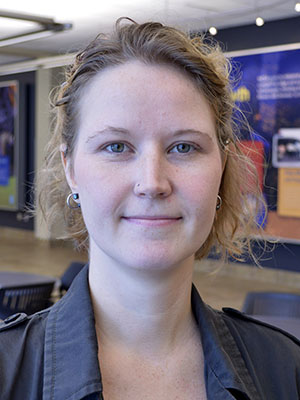
Meagan Lang
Research Scientist, National Center for Supercomputing Applications, University of Illinois Urbana-Champaign
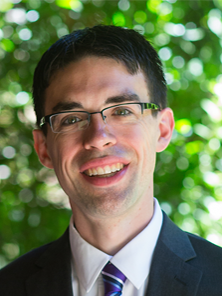
Matt Turk
School of Information Sciences and Department of Astronomy, University of Illinois Urbana-Champaign
The Crops in silico Symposium is made possible with funding and support from the National Center for Supercomputing Applications, the Institute for Sustainability, Energy, and Environment, in silico Plants, and the Foundation for Food & Agriculture Research.





